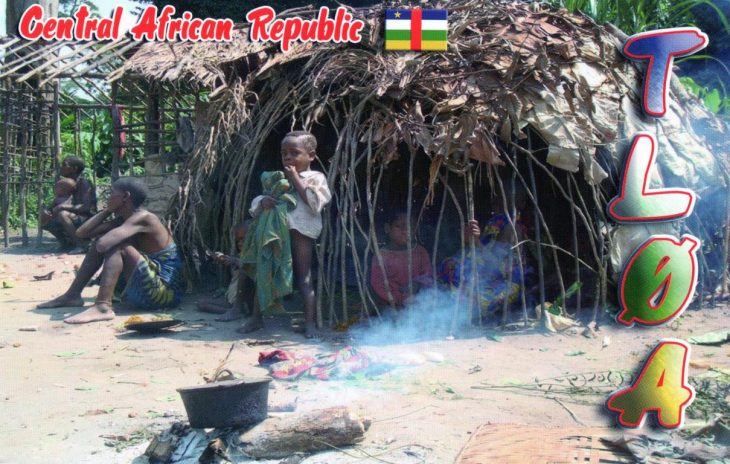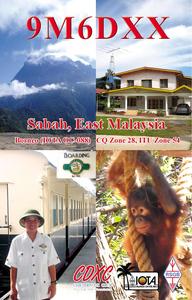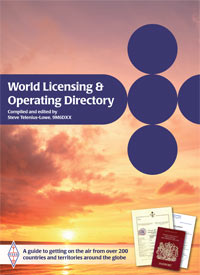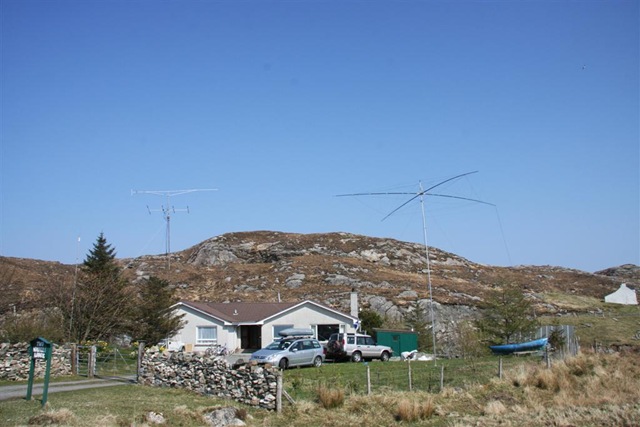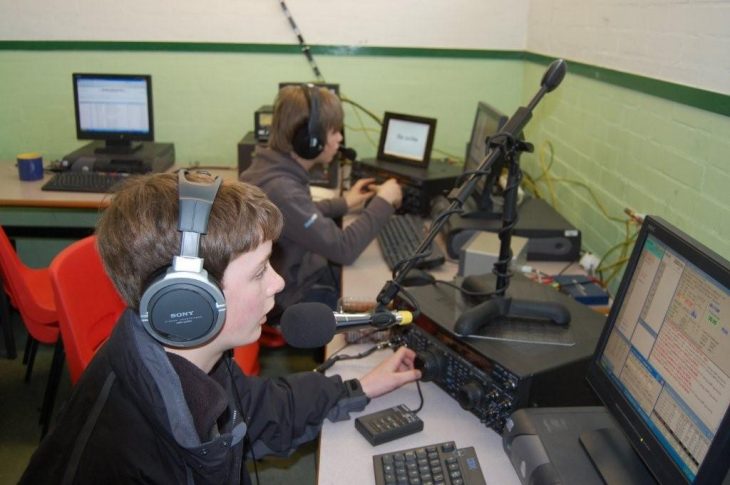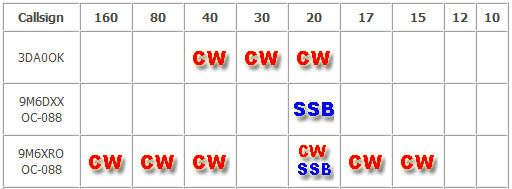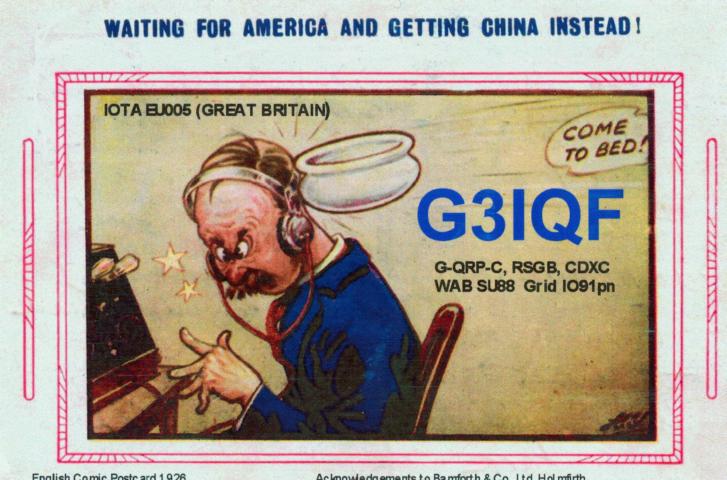Number 269 Confirmed arrived in the post this morning TL0A Christian operating from Central African Republic
Christian continues to be very active from TL from whichever band is producing results from 20m – 10m.
QSL is Via TL0A address in France
Christian Saint Arroman
Chemin de Mouteguy
64990 Urcuit,
FRANCE
Please do not send QSL requests to me! This is a BLOG! 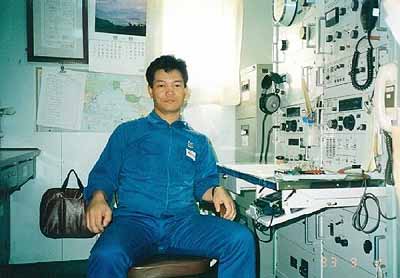
Saturday 16th May 2009.
As the first sunspot group for some time gives us a welcome boost of optimism, propagation lifts just enough to be able to work JD1BIE Shigeaki Miyamae on 18.123 MHz today, a new band slot for me. Shige is operating from. Ogasawara Island (Group) OC-030 Volcano Islands. QSL is Via his call on QRZ.com.
Pictured on the right is JD1BIE Shigeaki Miyamae.

